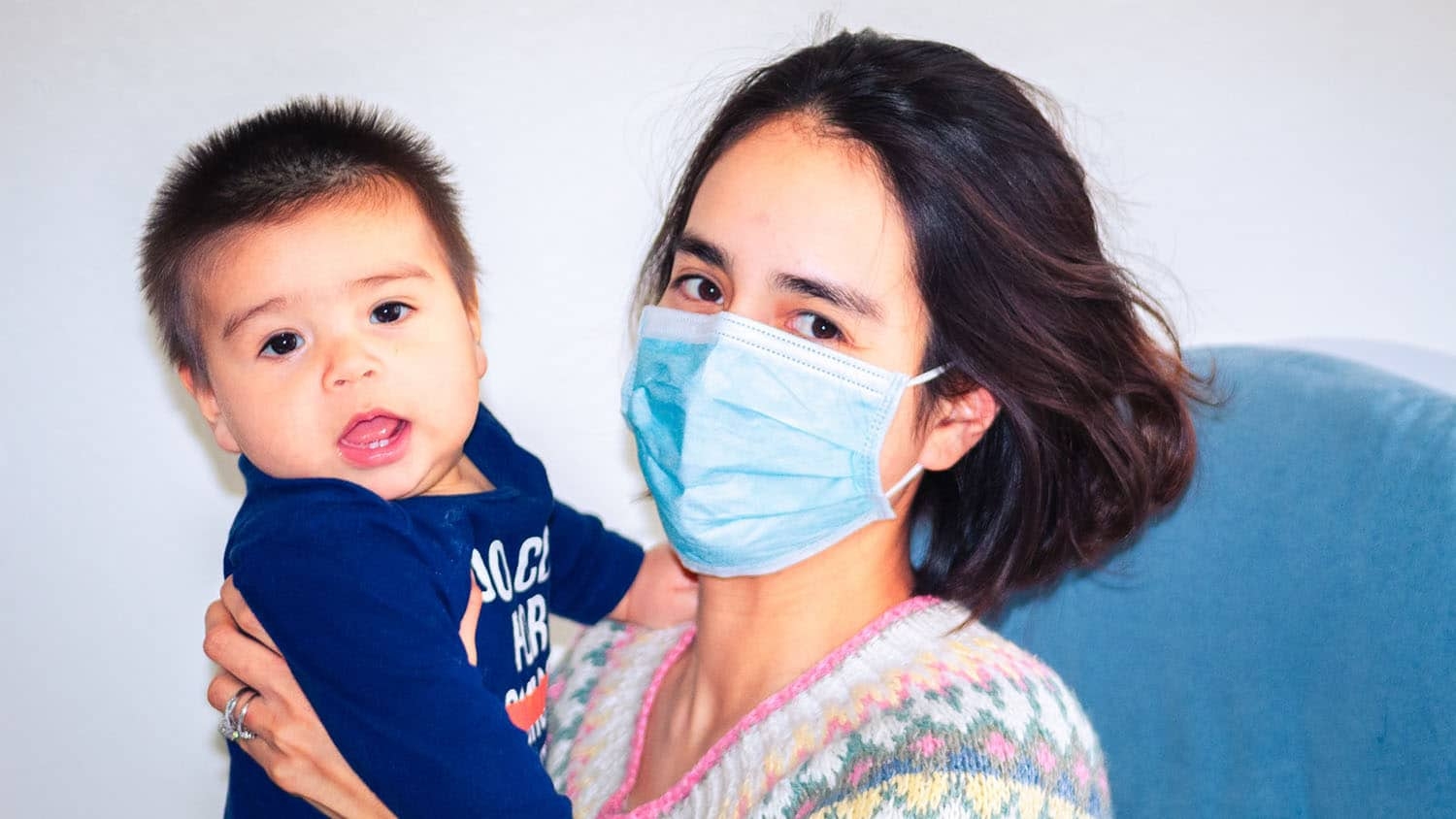Study Highlights Stresses – and ‘Silver Linings’ – of Pandemic for Moms with Limited Resources

A recent study from North Carolina State University finds that mothers with limited financial resources often experienced tremendous stress during the pandemic, but that they also valued the opportunity to spend more quality time with their children. The work highlights both their resilience and the need for additional resources to support low-income families.
“We conducted this study because we wanted to gain a better understanding of the impact of the pandemic on mothers who have limited resources,” says Mary Haskett, corresponding author of the study and a professor of psychology at NC State. “What challenges did they face? Were there any positive outcomes associated with the pandemic?”
To that end, the researchers conducted in-depth interviews of 15 mothers in central North Carolina who had limited financial resources. The interviews were conducted during the summer of 2020 and included assessments of each mother’s stress levels, as well as a test designed to assess the quality of each parent’s relationship with their children.
“Even though all of these mothers were experiencing significant financial challenges, their experiences during the pandemic varied widely,” says Jodi Hall, co-author of the study and an associate professor of social work at NC State. “Some mothers experienced relatively mild distress, while other moms had to deal with high levels of stress.
“But even the mothers with high levels of stress reported that there were positive aspects of the pandemic,” Hall says. “All of the mothers reported having the opportunity to spend more quality time with their children, and felt that this was a silver lining.”
“Two key takeaway messages from this work are that these women are resilient and that they would benefit tremendously from additional institutional support,” Haskett says. “For example, access to affordable child care and mental health resources would make a tremendous difference in the quality of life for these women and their families. We really hope policymakers take action to better support these families.
“In addition, while these findings are valuable, we would like to see similar studies conducted in other locales to get a better sense of how broadly these findings are applicable,” Haskett says.
The paper, “‘It Brought My Family More Together’: Mixed-Methods Study of Low-Income U.S. Mothers During the Pandemic,” is published open access in the journal Family Relations. The paper was co-authored by NC State Ph.D. students Heather Finster, Caitlyn Owens and Alexandra Buccelli.
The work was done with support from the North Carolina State University Non-laboratory Scholarship/ Research Support Program; the National Institute on Minority Health and Health Disparities, under grant number R01MD011746; and the National Institute for Environmental Health Sciences, under grant number P30ES025128.
-shipman-
Note to Editors: The study abstract follows.
“‘It Brought My Family More Together’: Mixed-Methods Study of Low-Income U.S. Mothers During the Pandemic”
Authors: Mary E. Haskett, Jodi K. Hall, Heather P. Finster, Caitlyn Owens and Alexandra R. Buccelli, North Carolina State University
Published: April 19, 2022 in Family Relations
DOI: 10.1111/fare.12684
Abstract:
Objective: We sought to understand challenges and positive experiences of low-income families during the pandemic.
Background: Strength-based perspectives of economically disadvantaged mothers are missing from literature on the impact of the COVID-19 pandemic. Although it is imperative to recognize disparities that were highlighted by the pandemic, strengths-based approaches and a resilience framework can help professionals build upon and learn from ways families manage during those times.
Method: We used a mixed-method approach to gain understanding of the unique experiences of 15 low-income mothers at the height of the pandemic. We administered a brief COVID-19 stress screener, the Five-Minute Speech Sample measure, and an open-ended question about potential positive experiences during the pandemic.
Results: We learned that strength and resilience supersede the liabilities brought on by COVID-19 that are so often focused on. We found highly divergent experiences across mothers in terms of stress; even mothers with high levels of stress readily identified positive aspects of life during the pandemic. Mothers’ responses were indicative of greater feelings of warmth and tenderness than negativity about their children.
Conclusion and Implications: We discuss findings in terms of strengths-based practices and policies for mothers receiving public assistance and provide suggestions for continued research on resilience of mothers during the pandemic.
This post was originally published in NC State News.
- Categories:


